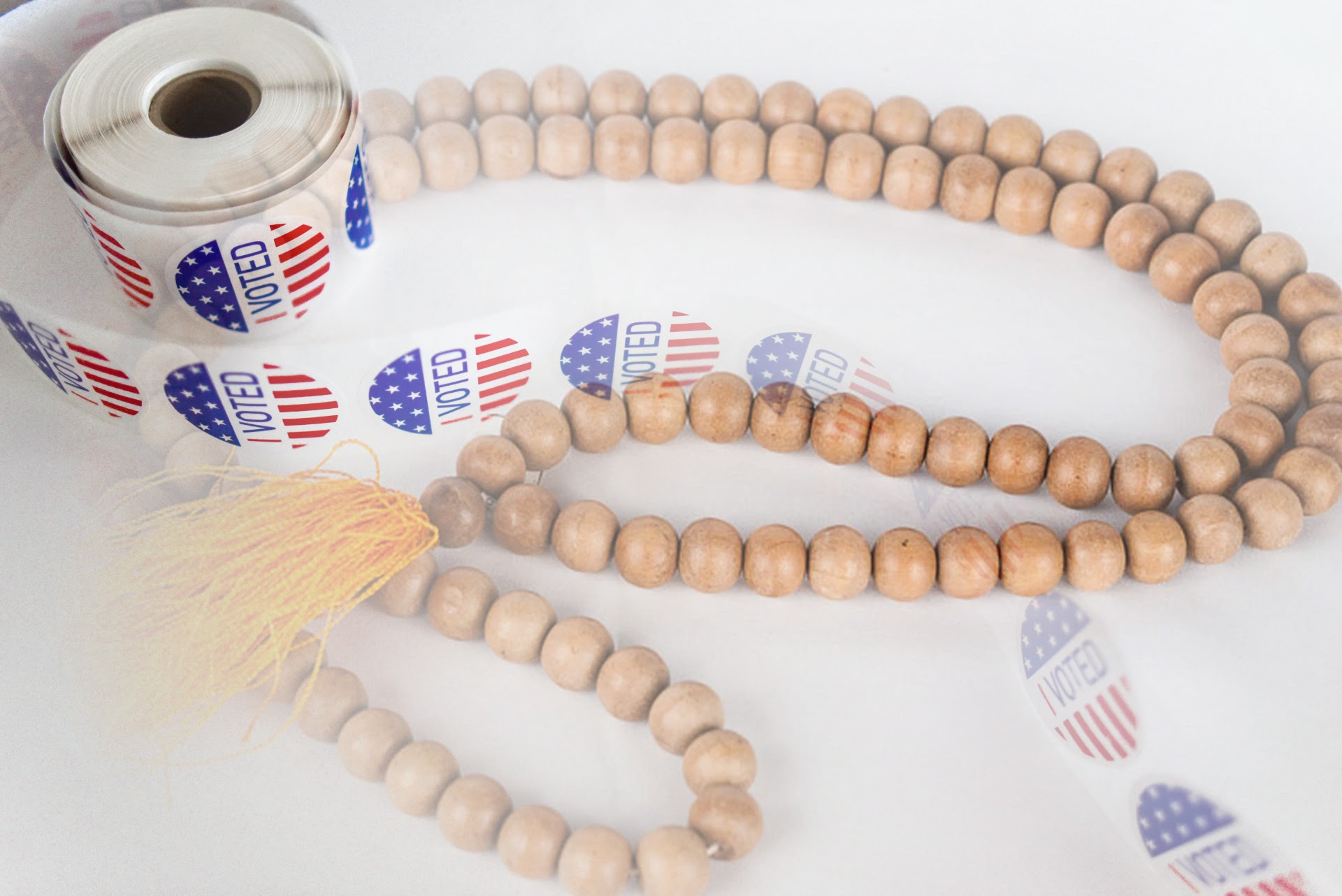TODAY'S GAY WISDOM
Notable ancient Greek warriors who had same-sex love relationships:
ARISTOMENES — Prince of the Messenians and Arcadians
CIMON — leader of the Delian League forces and the Athenian navy, gaining notoriety in the Persian Wars
ASOPHICHUS — great warrior and lover of Epaminondas
CAPHISODORUS — warrior and lover of Epaminondas whom he died with at the battle of Mantineia
CLEOMACHUS — led Chalcis to victory in the Lelantine Warns and introduced pederasty to the area
PAMMENES — general who was supposed to assume leadership after Epaminondas
THERON — warrior from Thessaly
HARMODIUS — credited with bringing about Athenian democracy with Aristogiton
ARISTOGITON — credited with bringing about Athenian democracy with Harmodius
PELOPIDAS — general of the elite Sacred Band of Thebes
EPAMINONDAS — Theban general and commander of the Boeotian army credited with ending Sparta’s dominance Lover of Asophichus.
GORGIDAS — established the Sacred Band of Thebes selecting male couples within the Theban army
MELEAGER — infantry commander under Alexander
HEPHAESTION — top general and lover of Alexander





